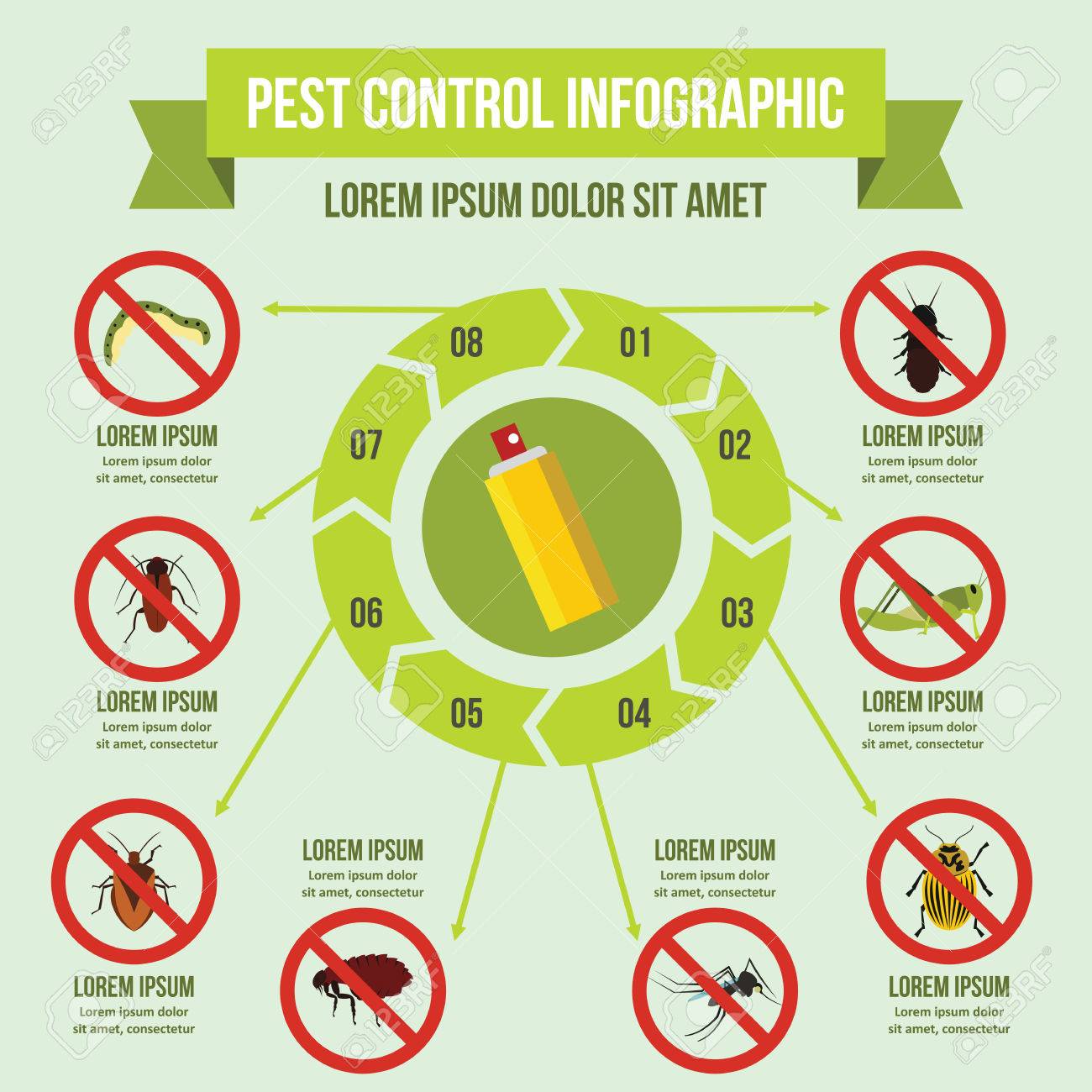Understanding The Habits Of Rats: An Overview To Rat Control
Understanding The Habits Of Rats: An Overview To Rat Control
Blog Article
Web Content By-Andresen Finch
Have you ever before asked yourself why rats appear to be so elusive and hard to regulate? Comprehending the behavior of rats is crucial to efficiently managing their populations.
By gaining https://how-to-remove-snakes-com95173.blog2freedom.com/24591526/introducing-the-techniques-employed-by-pest-control-specialists-beyond-using-sprays into their interaction patterns, feeding practices, and nesting and reproducing habits, you can establish methods that will certainly aid you keep these pesky rodents at bay.
So, allow's discover the fascinating world of rat actions and uncover exactly how this expertise can encourage you in the fight against these unwanted home guests.
Interaction Patterns
To comprehend rat actions, it's important to study their communication patterns. Rats are highly social animals and rely on communication to endure and grow in their environment. They use numerous forms of interaction to communicate details to other rats in their team.
One essential element of rat interaction is their vocalizations. Rats produce a vast array of audios, consisting of squeaks, tweets, and babbling, which serve different objectives. These vocalizations can express anxiety, hostility, and even satisfaction.
Along with articulations, rats likewise communicate via body language. They utilize their tails, ears, and postures to communicate messages to other rats. For instance, an upright and puffed-up position might indicate dominance, while a squashed posture may indicate entry.
Feeding Habits
Rats' communication patterns supply insight right into their feeding practices. Comprehending exactly how please click the following web site can help us much better manage their populaces. Below are five bottom lines about their feeding behaviors:
- ** Omnivorous diet plan: ** Rats are opportunistic eaters and will take in nearly anything they encounter. From whitefly control and fruits to meat and even garbage, their diet plan is unbelievably varied.
- ** Hoarding actions: ** Rats have a natural reaction to hoard food. They'll accumulate and keep excess food in hidden areas for later consumption, making it challenging to situate and eliminate their food resources.
- ** Read More Here feeding: ** Rats are largely nocturnal animals, suggesting they're most energetic during the evening. They favor to feed under the cover of darkness when they really feel much safer and much less likely to experience killers.
- ** Water dependency: ** Rats need a constant source of water to endure. They'll usually look for water resources near their feeding locations, such as leaking pipes or open containers, to please their hydration requires.
- ** Scavenging habits: ** Rats are extremely proficient scavengers, which enables them to grow in city environments. They'll look for food in rubbish bins, dumpsters, and various other locations where human waste is present.
Nesting and Reproduction Habits
Nesting and reproducing actions in rats entails the production of intricate burrows and the establishment of hierarchical social structures.
Rats are known for their ability to dig complicated systems of tunnels, which function as their nests. These burrows provide sanctuary, protection, and a safe place for reproducing. The nesting behavior of rats is driven by their reaction to find a safe and secure and comfortable area for raising their young.
Within these burrows, rats develop an ordered social structure, with dominant people occupying greater positions. This power structure establishes accessibility to sources such as food and companions.
Breeding behavior in rats is identified by territoriality, with males competing for the opportunity to mate with females.
Recognizing the nesting and breeding actions of rats is critical for reliable rat control strategies.
Conclusion
So, currently you have a much better understanding of the detailed world of rat actions. These smart creatures have unique communication patterns and exhibit remarkable feeding practices.
Their nesting and breeding habits, while respected, can be a sensitive subject. By acquiring insight right into their actions, we can approach rat control with more empathy and efficiency.
Keep in mind, resolving the presence of these clever rats requires a nuanced strategy that respects their natural reactions.
